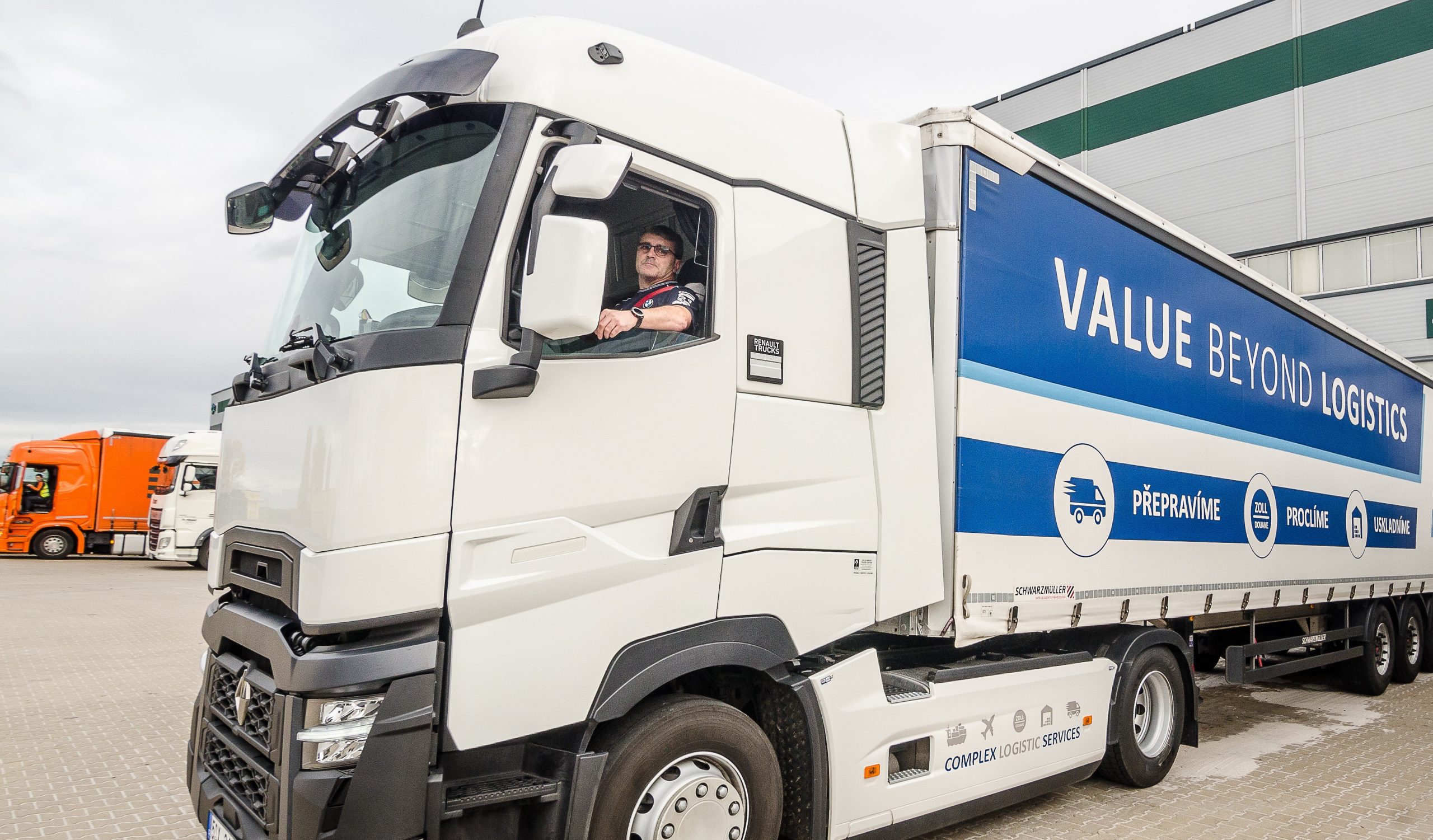The year 2023 was a challenging year for PST CLC Mitsui-Soko in terms of shipments. There has in fact been a significant decline in ocean freight rates, especially on the route between Asia and Europe. Hand in hand with this, unfortunately, went a decline in the volumes of transported goods. In terms of volume, the situation was similar for all types of transport. Despite this, PST CLC Mitsui-Soko has maintained container shipments from China on a weekly basis this year as part of its collection line.
Carriers had to react to this development. “We have noticed that some have even made shipments below cost, just to have something to carry. It has been a great challenge for PST CLC Mitsui-Soko to maintain the regularity of our collection containers from China. We have been successful in this. We have maintained the collection line from China with regular weekly departures this year despite the decline in volumes both by rail and by sea,” says Jan Bláha, Director of Transportation at PST CLC Mitsui-Soko. He adds that new clients have also been won for these collection lines.
Year 2024 and transport? Prospects are not positive
What will 2024 be like in terms of transport? “The outlook is not positive. In the best case scenario, it will be a stable development, i.e., transport volumes will be roughly the same as this year. We are gradually negotiating with our customers and according to reports from them we can expect a further decline in transport volumes. We will see which way the situation will eventually develop. We will also see what happens in shipping. We are noticing efforts by shipowners to increase prices, which would mean that we would have to reflect the increase in our prices,” says Jan Bláha.
He continues: “There is currently a large supply of shipping space. This year, a large number of huge ships with a capacity of around 25,000 containers were launched. The new ships are expected to be launched in 2024, although shipowners are trying to delay this. There is even talk that the new ships will be docked somewhere and not engage in regular service, but this is just speculation. There is not as much goods. One way to address this situation is by slowing down ships, which will reduce the cost of cruises. However, there can also be skipping, i.e., blank sailing, which means that the ship departs at longer intervals,” says Jan Bláha. However, this may mean disrupting supply chains. Jan Bláha adds that a decline in volume has also been recorded in air transport. “It is evident that customers are saving on transport and instead of air transport they often choose rail transport, which is of course much cheaper. In terms of transport volumes, we are not experiencing any pre-Christmas boom,” notes Jan Bláha.
Expansion of PST CLC Mitsui-Soko’s own fleet of vehicles
PST CLC Mitsui-Soko operates a fleet of eleven of its own vehicles, which will be supplemented by two vehicles later this year. Some of them are dedicated to the company’s client in Kutná Hora, where they provide transportation within the premises. The other vehicles are used within the distribution system of PST CLC Mitsui-Soko. For example, it runs between the PST CLC Mitsui-Soko warehouse and customers’ production facilities.
“Having our own fleet means increased flexibility and reduced dependence on external suppliers. We are facing pressure from carriers to raise prices. Costs are indeed increasing for carriers. With our own fleet of vehicles, we are increasing our competitiveness,” says Jan Bláha.




